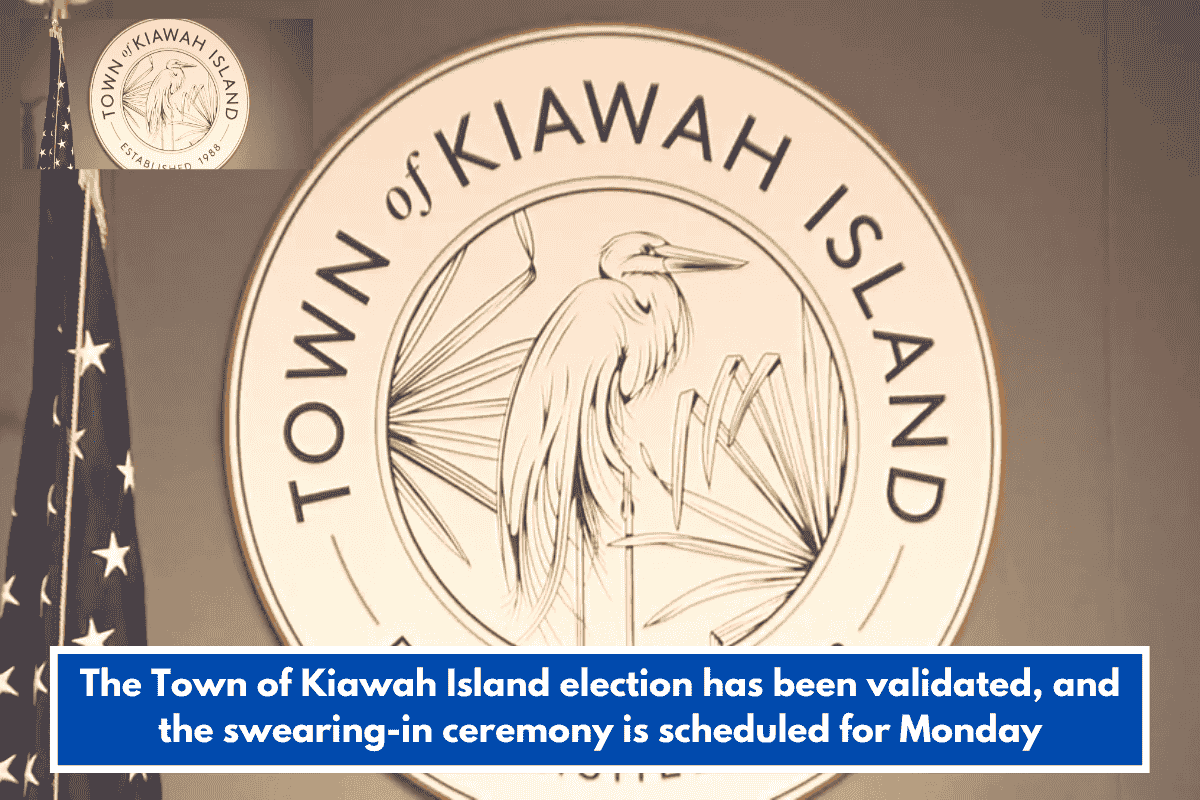A traffic stop can sometimes lead to questions beyond your vehicle and license, such as whether law enforcement can search your personal belongings, including your phone. With the widespread use of smartphones for communication, navigation, and personal data storage, it’s natural to wonder about your privacy rights during a traffic stop. In Kentucky, as in other states, certain legal rules govern whether police can search your phone during a traffic stop. In this article, we will explain what the law says about phone searches during a traffic stop in Kentucky.
The Legal Framework: Privacy and Search Laws
Under both Kentucky state law and federal law, your phone is protected by Fourth Amendment rights, which protect you against unreasonable searches and seizures. This means that, generally, law enforcement officers cannot search your phone without your consent or a warrant. However, there are exceptions to this rule that are important to understand.
Can Police Search Your Phone During a Traffic Stop in Kentucky?
In most cases, no, Kentucky police cannot search your phone during a routine traffic stop without your consent or a valid reason. The law on this issue is influenced by both the Fourth Amendment and recent Supreme Court decisions that provide specific guidelines for searching digital devices.
In 2014, the U.S. Supreme Court ruled in Riley v. California that police need a warrant to search a cell phone during an arrest, as the data stored on smartphones is highly personal. This ruling applies nationwide, including in Kentucky, and protects individuals from unreasonable searches of their phones by police without a clear legal justification.
Exceptions to the Warrant Requirement
Although police typically need a warrant to search your phone, there are some circumstances under which they can search it without one. These include:
Consent: If you voluntarily give the police permission to search your phone, they can do so. If you’re stopped for a routine traffic violation, the police may ask if they can look at your phone. However, you have the right to refuse the request, and they cannot search your phone without your consent unless they have a legal reason to do so.
Search Incident to Arrest: If you are arrested during the traffic stop, police may be able to search your phone as part of a search incident to arrest. However, this is a more complex issue. While the Riley v. California decision set a strong precedent requiring a warrant for phone searches, police may still examine certain immediate dangers or risks (such as a threat to officer safety or to prevent evidence from being destroyed) that justify a search. But in most cases, this exception would not apply to searching the phone itself without a warrant.
Exigent Circumstances: In rare cases, if there is an urgent need for a search, such as in a situation where there is an immediate threat to public safety, police may be able to search your phone without a warrant. However, these situations are extremely limited, and police would have to justify the need for an emergency search.
Can Police Take Your Phone During a Traffic Stop?
Even if police cannot search your phone during a traffic stop without a warrant, they may still take possession of it temporarily. If they have a legitimate reason to believe the phone contains evidence of a crime, they may seize it to prevent you from deleting or altering information. However, they still must obtain a warrant before actually searching it.
What Should You Do If Police Ask to Search Your Phone?
If police ask to search your phone during a traffic stop, you have the right to refuse. Here’s what you can do:
Politely refuse: You can say something like, “I do not consent to a search of my phone.”
Stay calm and respectful: If you refuse, remain calm and respectful. You are within your rights, and there is no need for the situation to escalate.
Ask if you are being detained or arrested: If the police try to seize your phone, ask whether you are being arrested. If you are not arrested, they cannot take your phone without a warrant or your consent.
If the police do seize your phone, you can later challenge the search in court if it was conducted without a valid warrant or your consent.
In Kentucky, as in the rest of the U.S., police generally cannot search your phone during a routine traffic stop without a valid reason, such as your consent or a warrant. The Fourth Amendment protects your privacy, and recent Supreme Court rulings have emphasized the need for warrants to search digital devices like cell phones. While police may temporarily seize your phone in certain situations, they cannot search it without meeting legal requirements.
It’s important to know your rights. If you are asked to allow a phone search during a traffic stop, you can politely decline. Always remain calm and respectful when interacting with law enforcement, and remember that you have the right to contest illegal searches in court.
SOURCES
[1] https://www.lex18.com/news/covering-kentucky/kentucky-supreme-court-decision-law-enforcement-needs-warrant-for-cellphone-location-searches
[2] https://www.police1.com/legal/articles/kentucky-court-delves-into-police-use-of-cellphones-for-tracking-Z7vDHQ7wfrVVelJi/
[3] https://idtechwire.com/kentucky-court-says-cops-can-compel-biometric-phone-unlocking-with-a-warrant-907031/
[4] https://www.nolo.com/legal-encyclopedia/if-the-police-arrest-me-can-search-cell-phone.html
[5] https://www.klemagazine.com/blog/2020/5/13/locked-out














